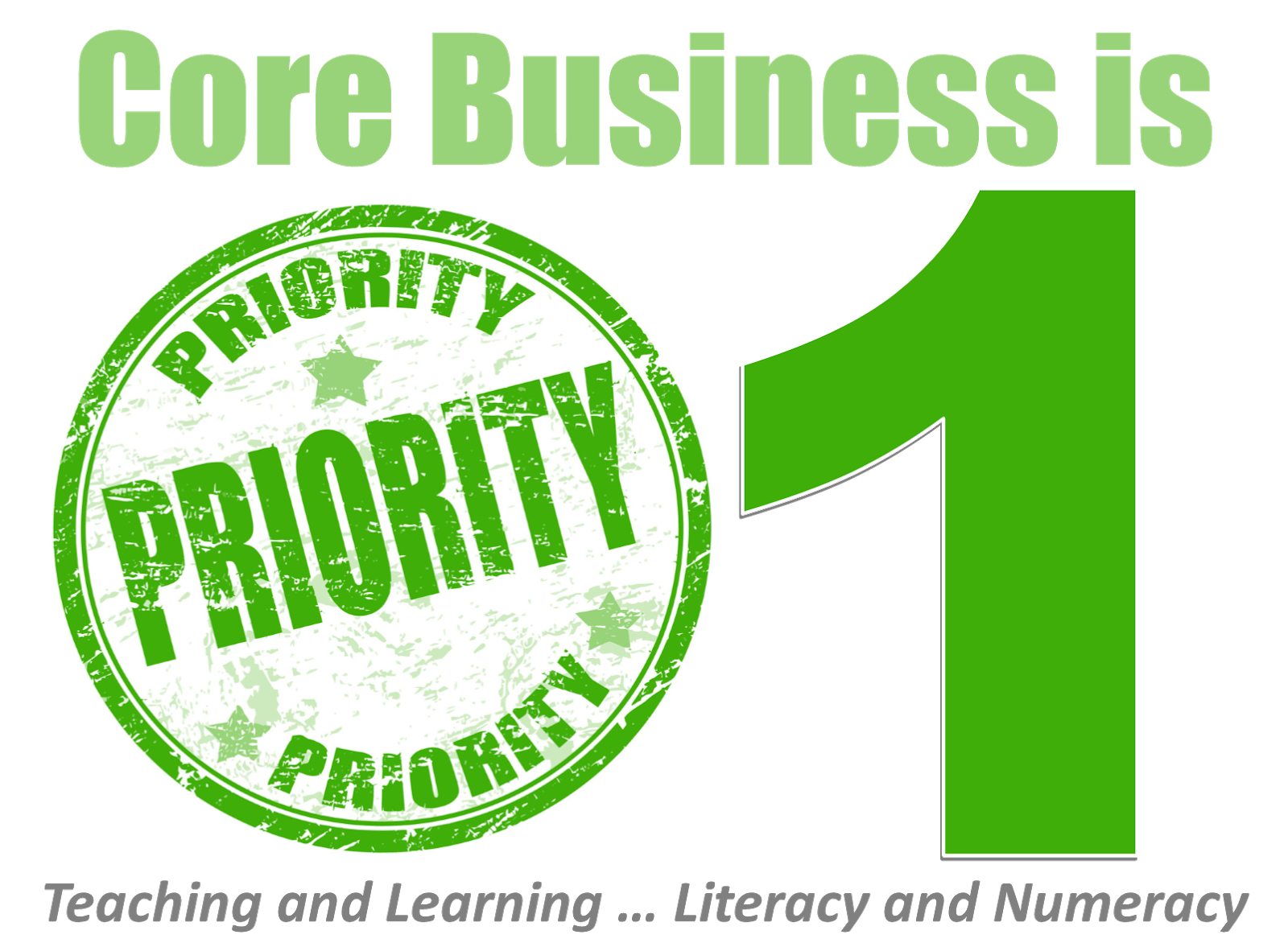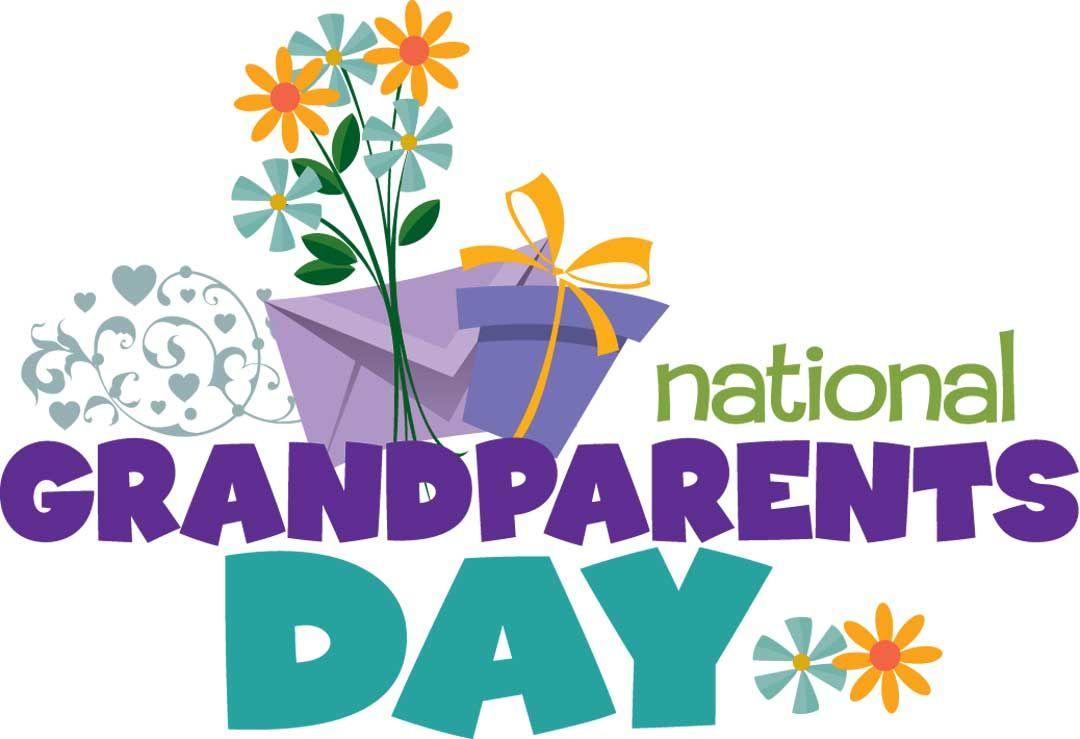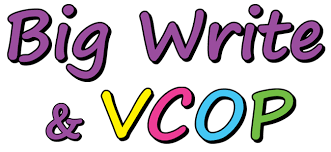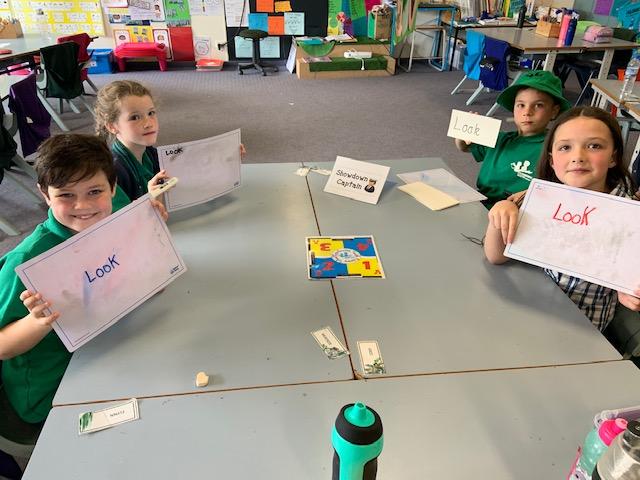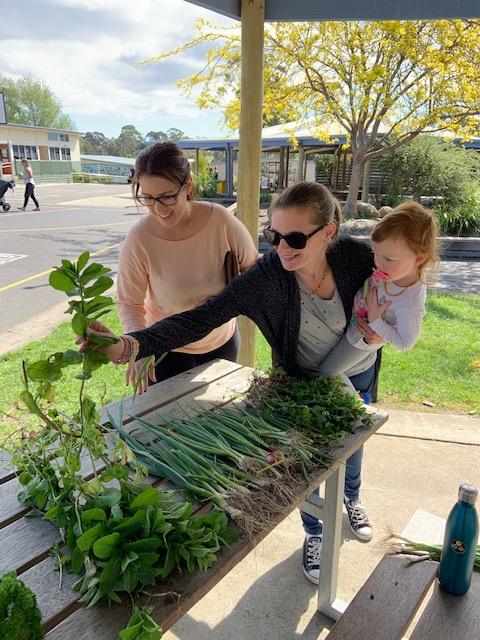Education News

GUIDED INQUIRY TERM 4 - CONNECTIONS
Foundation - Great and Small. Students will learn about the different features of animals and how those features help them to live in their environment. They will learn about Australian animals and consider how they can save water and protect native habitats. Students will use their imagination to design an animal using parts of different animals. They will use basic cutting and pasting skills to create a model of their animal. They will explore essential questions such as: What do animals need to live? What are some common features of animals? How can we care for places where animals live? This unit includes an excursion to Moonlit Sanctuary.
Year 1 and 2 - Through Generations. Students will learn about the lives of people in the past as they interview a person from an older generation. They will learn words to describe events in the past, present, and future and words to describe a point of view. Your students will consider the importance of places to people in their community and people from different cultures. They will learn about sequences and different ways that stories from the past can be told. They will explore essential questions such as: How are families different? Why are some places important to preserve? How has life changed and stayed the same? How can we use language to describe time and points of view? This unit includes an excursion to Coal Creek.
Middle School - Our Island Home. Students will work on geography skills. They will be engaged in the connections of the Geographical world as they learn about different environments, climate zones and natural vegetation. They will learn about Australia's neighbouring countries and about changes caused by adding and removing heat, and heat conductivity. Your students will work in groups as they consider the location, climate, and values of their own artificial island nation. They will explore essential questions such as: Why is heat important for life on Earth? What is it like to live in different places on Earth? How do we use information technology and maps to learn about the world?
Senior School - Data and decisions. Students will consider the difference between needs and wants, the types of resources that we have, and how we use them, and the nature and meaning of work. They will be engaged in economics and business as they work in groups to develop a business plan that they will present to younger students in their school. They will explore essential questions such as: What is the difference between needs and wants? What are the types of resources that we have, and how do we use them? What is the nature and meaning of work? How do you put together a business plan?
October is Walk to School month
Walk to School is back for 2019 and we can’t wait to get walking, riding and scooting to and from school! Every October, Walk to School encourages Victorian primary school kids to walk, ride or scoot to and from school. It’s a great way to help students learn healthy habits and achieve the recommended 60 minutes of physical activity, every day. It also encourages primary schools, local councils and communities to make active travel easy, safe and accessible.
Along with the health benefits, walking to school has benefits for the whole community. It reduces traffic congestion, saves on parking, helps us connect with family and friends and even saves the environment! There are so many great reasons to participate in Walk to School this October.
Walk to School creates positive health outcomes. It’s based on extensive research and evidence indicating that increased physical activity in Victorian children can provide real health benefits. CSPS will hold it's annual 'Walk to School" day on Friday October 18th. Notices were sent home and should be returned to the classroom teachers.
Grandparents Day
To celebrate National Grandparents Day, CSPSwould like to invite all students’ Grandparents into the classroom on Friday, 1 November, from 9am – 10:30am.
The school will be participating in the ‘Ask Gran, Not Google’ federally funded project. This project encourages children to seek the wisdom and life experience of a senior before searching the internet for answers. These days, the internet is often the first place people seek information and knowledge. The ‘Ask Gran, Not Google’ project is an opportunity to affirm the importance of seniors to children, the school, and the community.
During this special morning, students and their Grandparents will participate in technology free activities where they will engage in rich conversations and learn new things.
We hope to see many Grandparents on the day.
i sea i care Ambassadors 2020
Congratulations to our i sea i care students, Marli W, Ebony M and Ruby G who have now completed their ambassadorship. We will soon be taking applications for new ambassadors. If you are a current Year 4 Student and are passionate about the environment, enjoy public speaking and would like to raise the awareness of environmental issues within your school community then please think about applying. The 2019 Ambassadors have visited Year 4 classrooms to discuss their roles. Any Year 4 student who is interested in becoming an i sea i care ambassador should apply in writing by Monday 28 October. Appointments will be made in early November. Please see Ms Ryan if you are interested.
MIDDLE AND SENIOR
SCHOOL CAMPS
The countdown is on! The annual school camps are getting closer! Middle School will be attending Phillip Island Adventure Camp in week 5, Wednesday 6th to Friday 8th November. Senior School will be attending Arrabri Lodge in week 7, Monday 18th to Wednesday 20th November. All medical forms are now past due. Packing lists will be sent home soon.
BIG WRITE - Week 3
The writing focus for the beginning of term 4 is descriptive texts. In descriptive writing, the author does not just tell the reader what was seen, felt, smelt, or heard. Rather, the author describes something from their own experience and, through careful choice of words and phrasing, makes it seem real. Descriptive writing is vivid, colorful, and detailed. Good descriptive writing creates an impression in the reader's mind of an event, a place, a person, or a thing. The writing will be such that it will set a mood or describe something in such detail that if the reader saw it, they would recognize it. All Year levels are working on different types of writing with the focus of descriptive writing. Junior and Middle schools are focusing on poetry. Senior school is focusing on descriptive pieces. As such the Big Write will have a different prompt for each level. Ask your child what they will be writing about, each level will have a different prompt that they are using. Stay tuned next iNewsletter to see some examples of some great descriptive writing.
Cooperative Learning
When it comes to CL activities Showdown is definitely one of our favourites, we use it for literacy and mathematics activities. Showdown is a great team strategy for reviewing content that students already know. Task cards are used and the showdown captain reads out a task as everyone else answers on their board. When the Showdown Captian calls out Showdown (usually in a funny accent) everyone reveals their answer. So much fun!
School Garden
Yesterday the Grade 2’s pulled out our winter crops to get ready for our Summer planting! We had lots of fun finding worms and digging over the soil. We were also able to give back to our school community by offering some beautiful broccolini, spring onions, mint, oregano and thyme.

